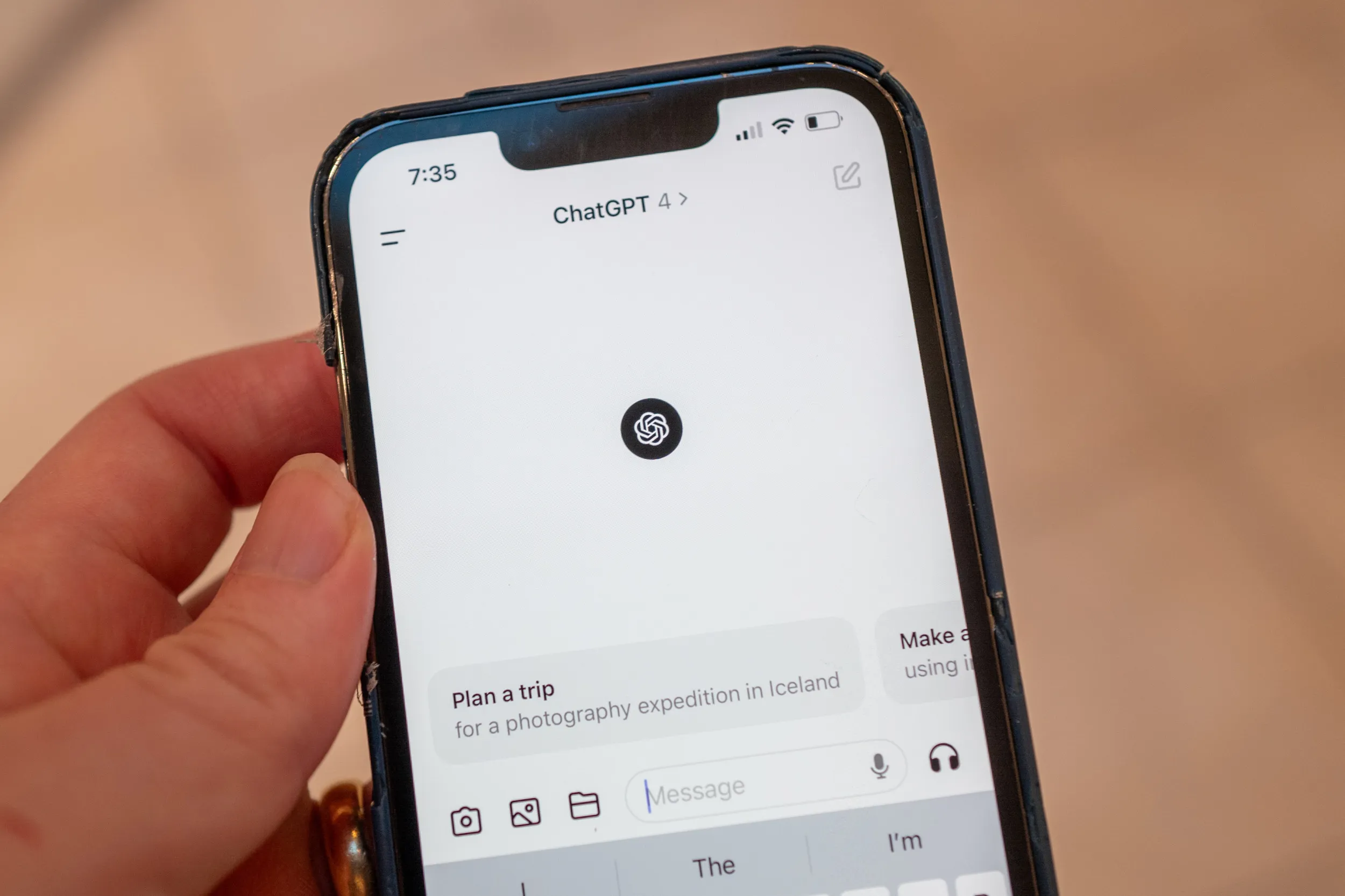OpenAI's ChatGPT: Avoiding Missteps in Artificial Intelligence Queries

Understanding What Not to Ask ChatGPT
OpenAI's ChatGPT excels at various tasks including coding and document summarization. However, it's critical to recognize its limitations, particularly regarding mental health inquiries and research. Many users, from college students to professionals, have faced issues when relying on ChatGPT for accurate information. Notably, in 2023, a lawyer faced sanctions for citing fictitious cases provided by ChatGPT.
Areas of Concern
- Important Research: Trusting sources generated by ChatGPT can be risky.
- Therapeutic Questions: Relying on AI for mental health advice is inadvisable.
This article was prepared using information from open sources in accordance with the principles of Ethical Policy. The editorial team is not responsible for absolute accuracy, as it relies on data from the sources referenced.